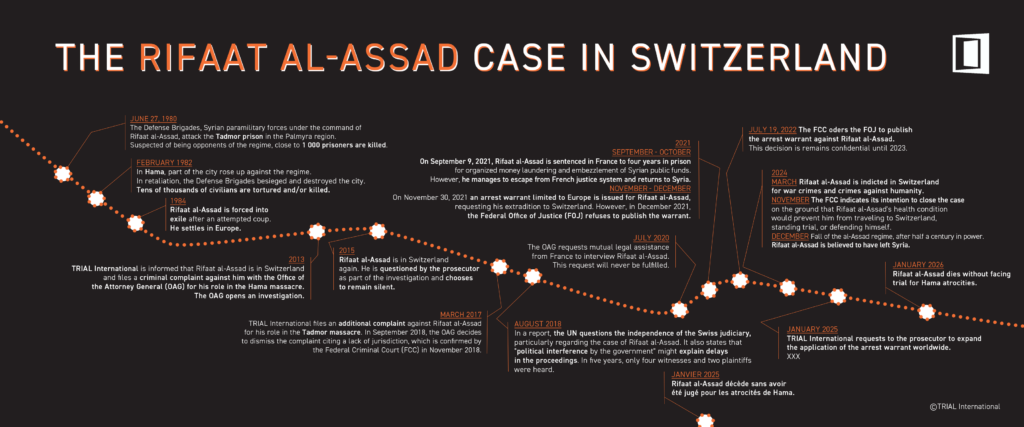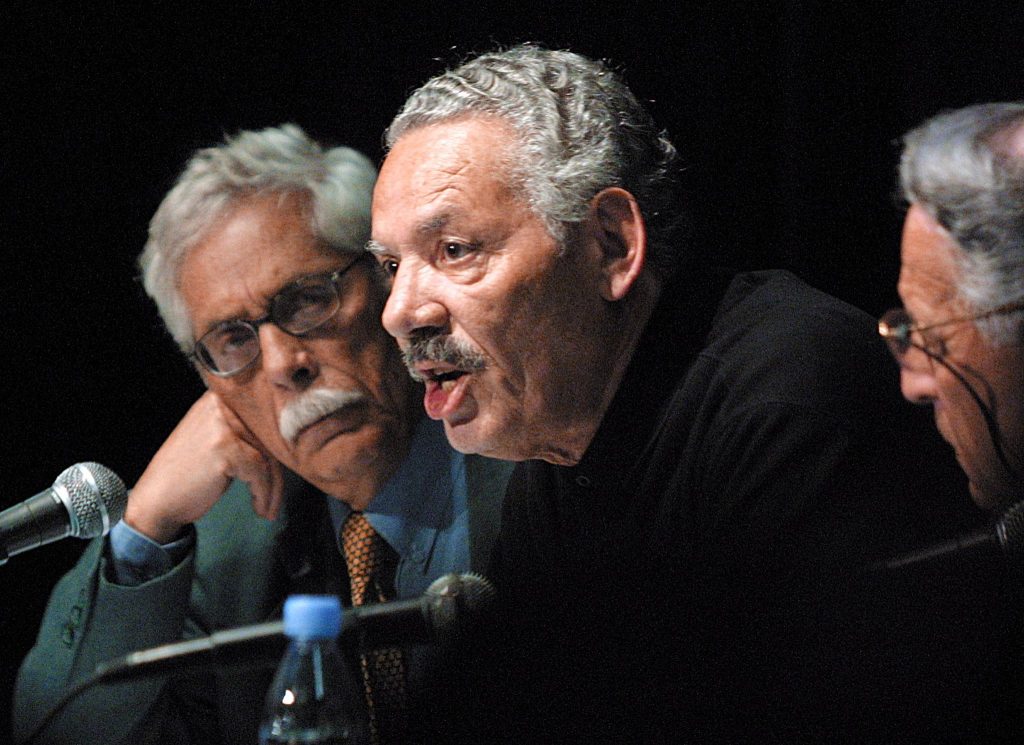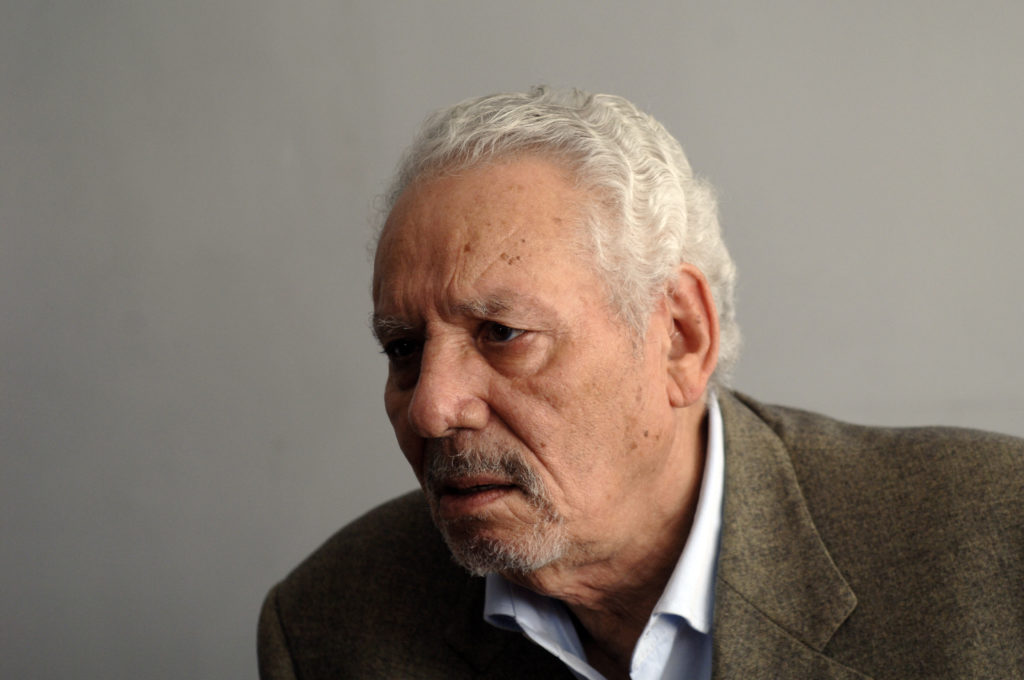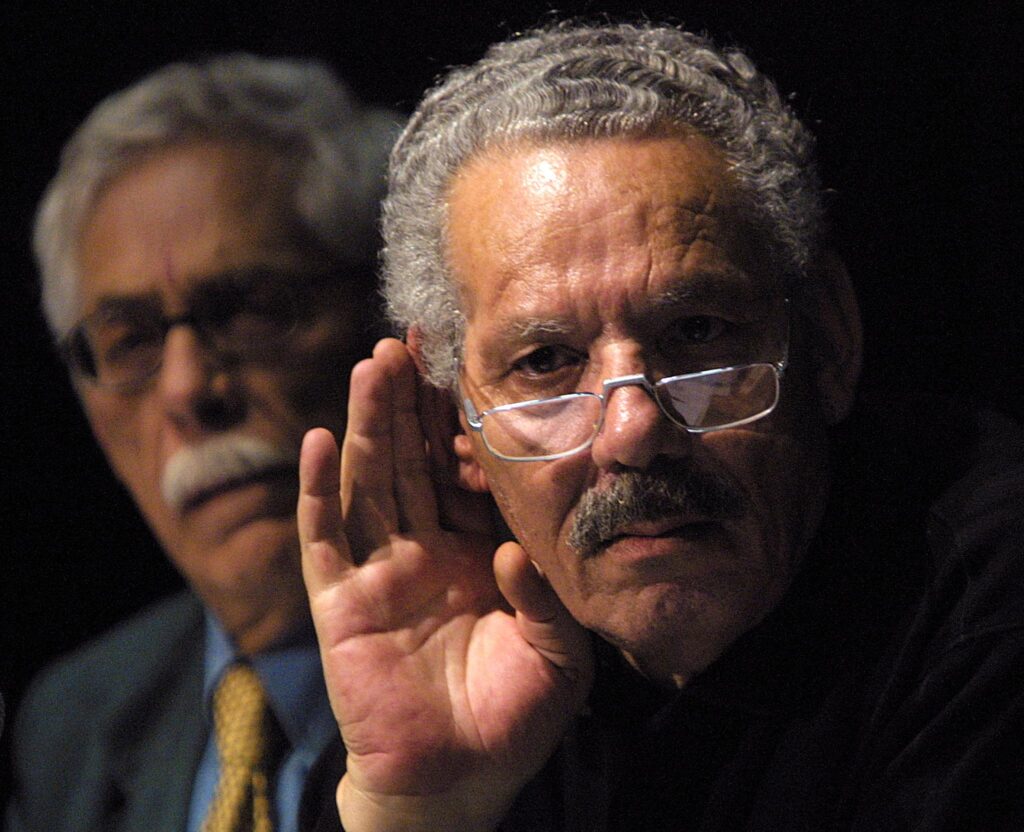Slobodan Peković convicted of murder and rape of civilians in Foča in 1992 – first verdict by a Montenegrin court for wartime sexual violence
The Higher Court in Podgorica today, after a three-year trial, sentenced Slobodan Peković to 20 years in prison for a war crime against civilians committed in 1992 in Bosnia and Herzegovina. Peković was convicted of the murder of two civilians, Emina and Mujo Šabanović, in the village of Hum near Foča, as well as of the rape of a female person with a protected identity in an apartment in Foča, whom he took out of the infamous “Partizan” hall. The verdict is an important step forward for the Montenegrin judiciary, as it is the first verdict for wartime sexual violence and the harshest sentence for war crimes since the verdict for the murder of the Klapuh family members in 1996. This verdict is a significant step forward in the punishment of war crimes in Montenegro and may be an encouragement for other victims to seek justice in court proceedings.
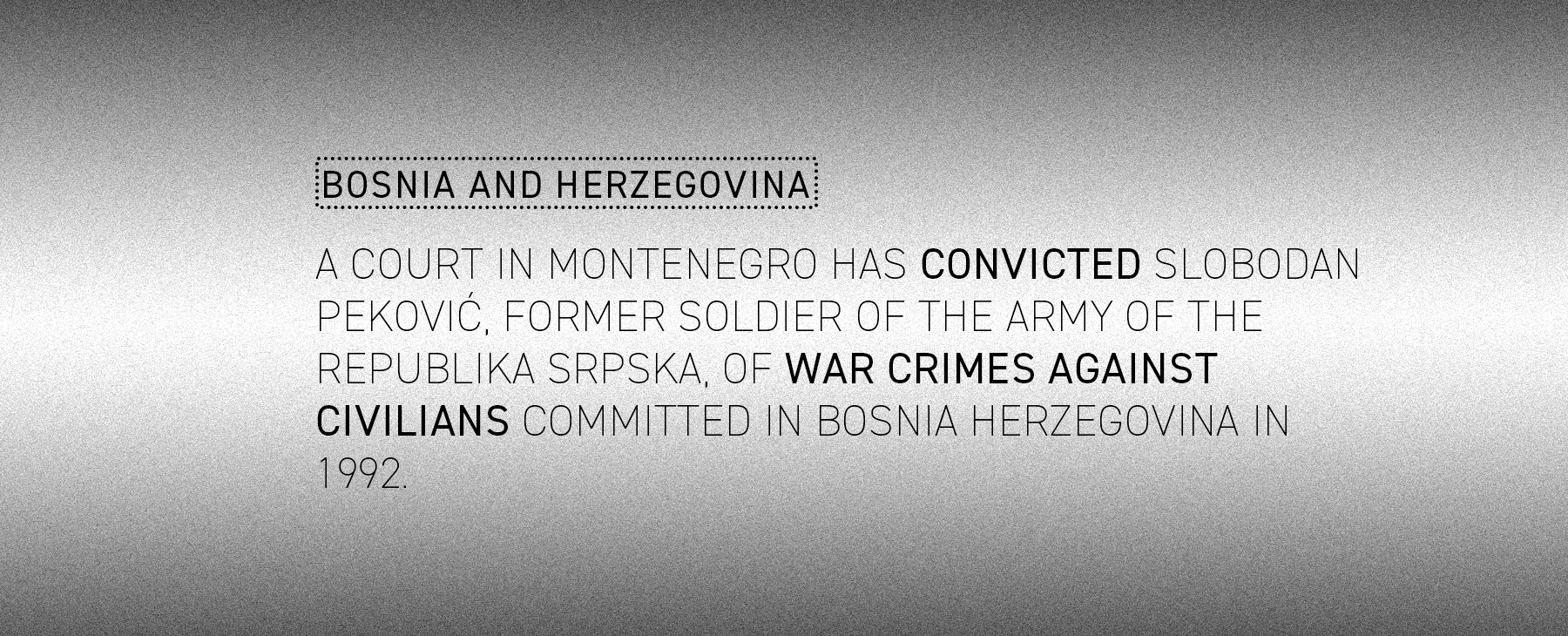
The trial panel was chaired by judge Nada Rabrenović, while the panel members were judges Zoran Radović and Goran Šćepanović. The indictment was represented by special prosecutor Tanja Čolan Deretić.
The verdict is a first-instance verdict and the defendant has the right to appeal it to the Court of Appeals of Montenegro.
Slobodan Peković, whose former surname was Ćurčić, was found guilty of participating in the attack on the village of Hum near Foča in June 1992 as a member of the Army of Republika Srpska. Then, together with other soldiers, he took Emina Šabanović out of her house, hitting her all over her body with a shovel and dragging her by the hair, and took her to the house of Mujo Šabanović, where he shot them both to death with an automatic weapon, and then set fire to the house with their bodies.
Peković was also found guilty of raping the injured witness A1. Namely, after A1 was forcibly brought to Foča, to the Partizan sports hall, Peković took her out of the hall together with her minor child, with witness A2 and several other women and children. He took them to an apartment across the street from the police station, where A1 was raped.
In explaining the verdict, the Court stated that it had been proven in the proceedings, based on witness statements, that on 8 June 1992 Peković was in the village of Hum, together with other members of the Republika Srpska army. The Court particularly valued the testimony of witness Ramiza Grcić, who saw Serbian soldiers take Emina Šabanović out of the house, hit her with a shovel, throw her over thorns, drag her by the hair and take her unconscious to the house of Mujo Šabanović. After some time, the house was set on fire, and the bodies of Emina and Mujo were found charred. Ramiza stated that she recognized Peković because at one point he took off his sock from his head, and she had known him from before.
Regarding the second part of the indictment, the Court pointed out that the statement of the injured party A1 was detailed, both in terms of Peković’s behavior towards her and towards the other women in the apartment who were also raped by other soldiers. Although A1 did not know Peković, he was identified by witness A2, who knew him from before. It was established that A1, A2 and the other women were taken from the “Partizan” hall and taken to an apartment near the police station, where Peković raped A1. The allegations of rape were also confirmed by medical documentation.
These facts were also established by the Court of Bosnia and Herzegovina in the conviction of the defendant Jasko Gazdić, which was also recalled by the special prosecutor Čolan Deretić during her closing arguments. In the proceedings conducted in Sarajevo, the witness clearly accused both Gazdić and Ćurčić (Peković) of rape, and the Court of BiH accepted her testimony as credible, detailed and confirmed by medical documentation. On that occasion, the Court of BiH stated in support of the objectivity and impartiality of the testimony of the injured party A1 that she made a clear distinction in the actions of the accused, stating that Slobodan Ćurčić (Peković) was rude, loud and arrogant, while Gazdić was silent and laughing the whole time.
As aggravating circumstances, the Court considered Peković’s previous convictions, persistence and cruelty in committing criminal offenses, as well as cunning, especially considering that he often stayed in the village of Hum and that the locals knew him, without showing any mercy towards them. The Court did not consider the fact that Peković is a father of two children as a mitigating circumstance, stating that he did not show any compassion during the commission of the offense.
The court referred the injured party A1 to a civil lawsuit to pursue her property claim. This now exposes the victim to additional victimization, because to obtain compensation from Peković, she must initiate new proceedings, reveal her identity and go through the trauma again, which is a violation of the standards of protection for victims of sexual violence. We believe that the court had to decide on the victim’s claim for compensation in the criminal proceedings, because there was time to order an expert assessment of her psycho-physical condition, given two “empty steps” during the trial lasting 19 months without a hearing.
Dalibor Tomović, the injured party’s lawyer, stated: “I believe this is a big step forward, considering that this is the first case of wartime sexual crime in Montenegro. Considering that the first instance trial lasted three years, and that 33 years have passed since the crime was committed, I hope that, in the event of an appeal by the defense, the Court of Appeal will decide as a priority.”
Ajna Mahmić, Legal Coordinator of the TRIAL International Office in BiH: “I believe that the verdict is the result of joint, long-term and dedicated work of survivors and organizations fighting for justice for victims of war crimes. I would like to express special gratitude to our client, the protected witness – a brave woman who, despite years of silence, trauma and fear, decided to speak out and seek justice. Her determination, dignity and strength initiated this procedure and enabled the crime to be named, acknowledged and sanctioned. I also thank her family for the support they provided throughout the process – without them, this moment would not have been possible.”
Tea Gorjanc Prelević, Executive Director of the Human Rights Action, Podgorica: “The Montenegrin judiciary has thus shown that it can handle demanding trials for sexual violence in which the victims are protected witnesses. I expect the state to ensure that the property-legal claims of such victims are decided in criminal proceedings and that the victims are spared additional trauma. This verdict is important because it forces us to face the facts about the participation of Montenegrin citizens in mass war crimes, and especially the rape of women in Bosnia and Herzegovina. I call on everyone who knows anything about this to contact the state prosecutor’s office. All such crimes have left a permanent and painful mark on the lives of innocent people and their families, especially children.”

